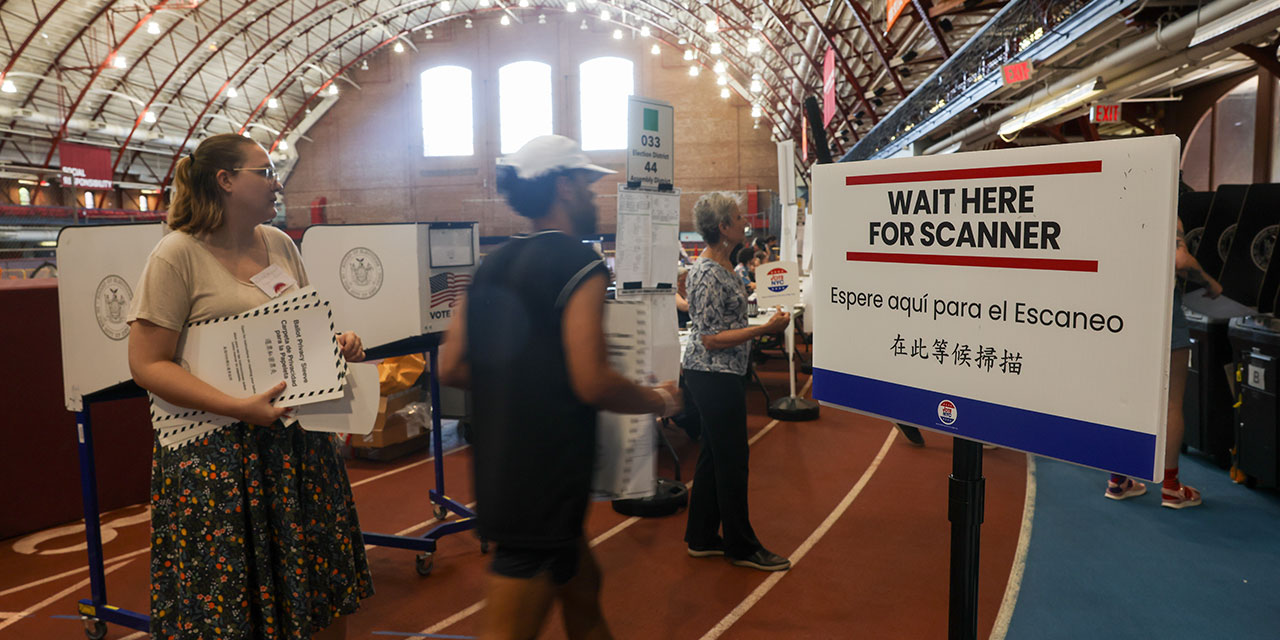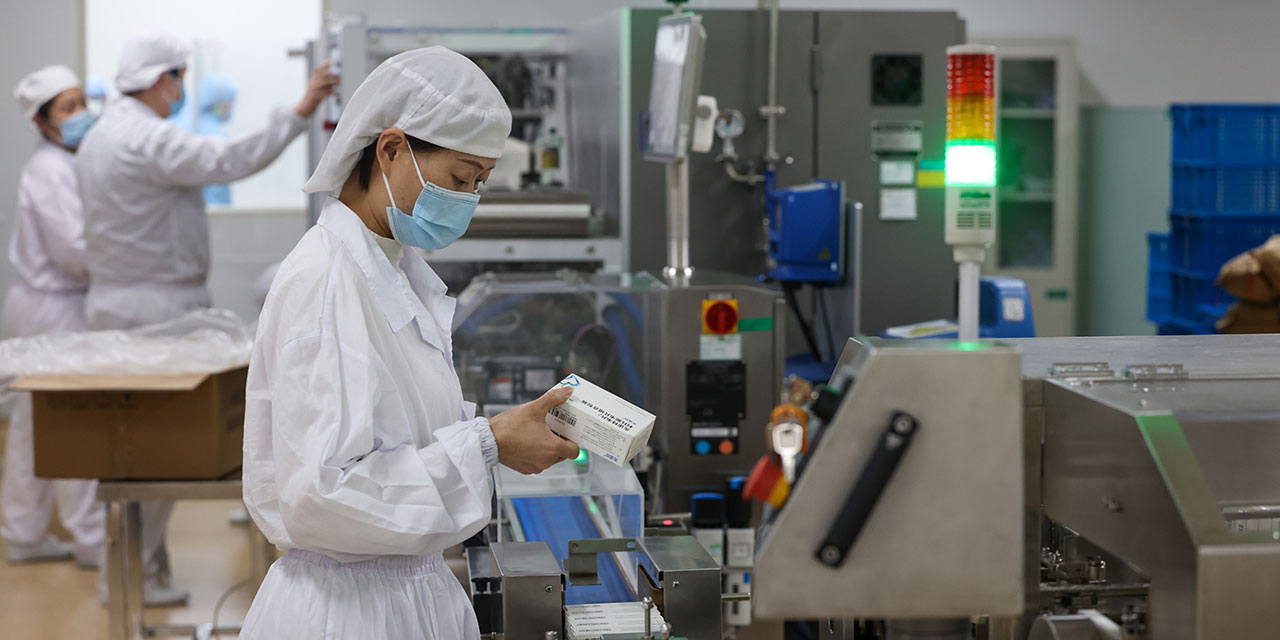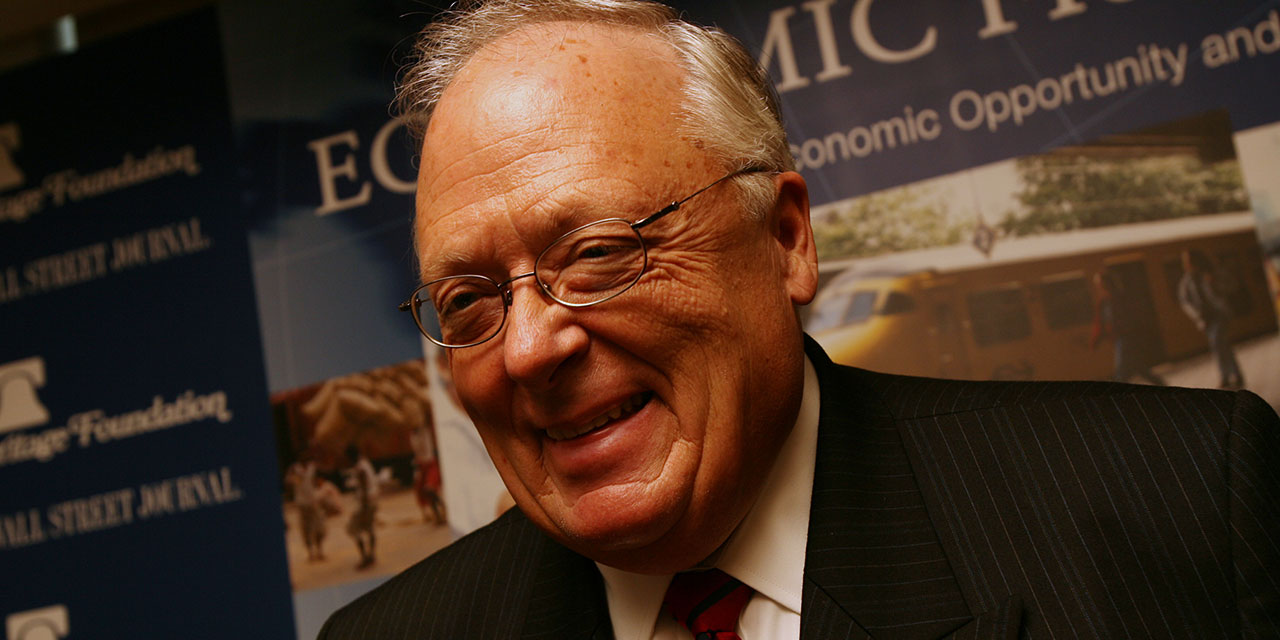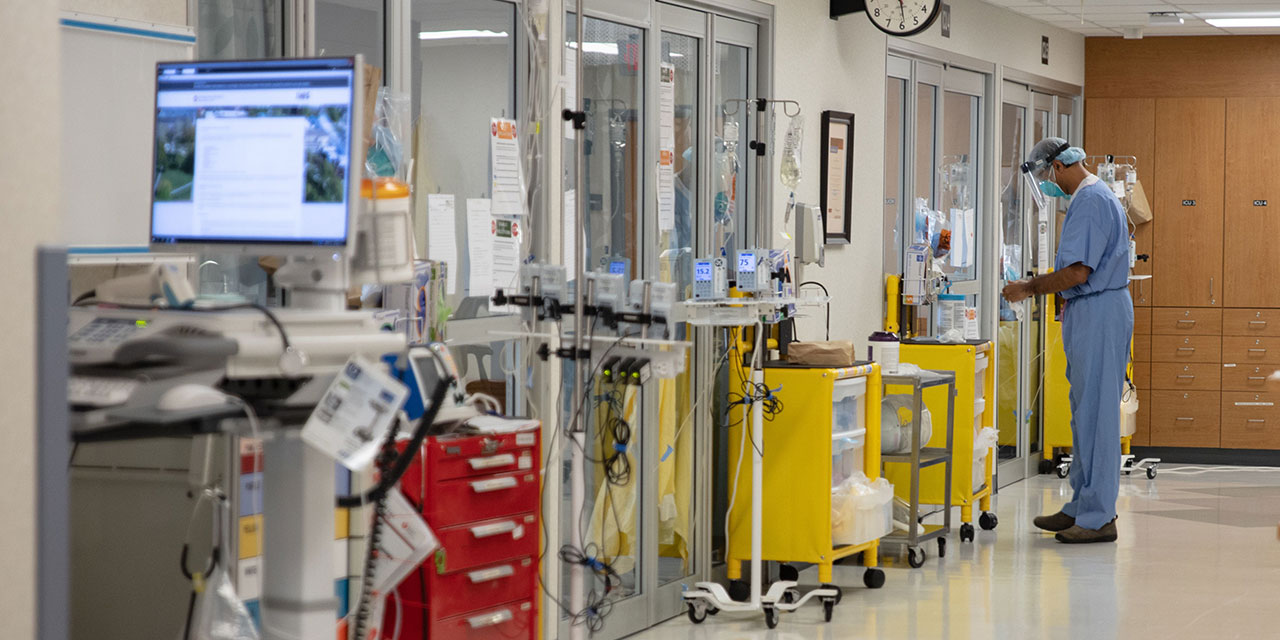Martin J. Walsh’s union background figured prominently in his successful 2013 campaign to become mayor of Boston. The union-leader-turned-politician raised millions of dollars from labor and promised “to make Boston a place where dreams come true for every child and every person.” A rising figure in the Democratic Party, Walsh claimed in his speech at the party’s July convention that he stood “as a living example of Hillary Clinton’s vision for an America where everyone gets a fair shot.” Now, however, Bostonians are wondering whether Walsh and his administration may have been working hardest to make their city a place where organized labor gets the fairest shot.
In what the Boston Globe has described as a “slow motion” scandal, federal prosecutors have indicted two members of Walsh’s administration, including the head of the city’s office of tourism, Kenneth Brissette, for demanding that a music festival hire union labor in order to obtain a city permit. Investigators are exploring whether members of the Walsh administration may have strong-armed other employers into hiring union workers. The May indictment alleged that the Boston Calling Music Festival was targeted by a local union, which wanted jobs for its members. Brissette, prosecutors say, withheld necessary permits until the festival hired some union members. E-mails obtained by the press also suggest that at least two other city officials—including former AFL-CIO official Tim Sullivan—knew what Brissette was doing. Prosecutors indicted Sullivan in late June. Another e-mail, from a union leader who participated in the negotiations, indicates that Walsh himself was aware of what was going on—and approved of it.
Finally, a reason to check your email.
Sign up for our free newsletter today.
The charges against the staffers emerged as part of a broader probe into union tactics in the Boston area. Federal prosecutors indicted five Massachusetts Teamsters in September 2015 for making threats against a production company that was using non-union workers to film the reality show Top Chef in and around Boston. The indictment described their actions as “an old-school thug” attempt to intimidate the producers, who subsequently complained to Brissette’s office that “the threat (of) the Teamsters looms large.” Members of Top Chef’s crew told the entertainment website Deadline.com that the Teamsters threatened to “bash in that pretty face” of the show’s star, Padma Lakshmi. Police at the scene testified that the union members slashed tires of crewmember’s cars. Two days later, the website added that Walsh grew angry when he realized Top Chef was a non-union production and held up permits for the show to film subsequent episodes in Boston. Walsh dismissed the report, claiming it was “a lot of hearsay,” but it sparked an investigation by federal authorities.
While investigating the Teamsters incident, prosecutors learned that Brissette had phoned a hotel and restaurant in Boston warning them that they could be picketed by Teamsters if they participated in Top Chef. Ultimately, the businesses decided against working with the show. More reports of pressure tactics emerged. Sources told the Boston Globe that the FBI recorded Walsh on wiretaps in October 2012 describing how he told the head of a real-estate company that he would hold up permits for a housing project until the developer agreed to use union labor. At the time, Walsh was both a state legislator and head of the Boston Building Trades Council, an umbrella group of 35,000 union members. Another developer, Michael Rauseo, told the Boston Globe that Walsh applied similar pressure to him. At a meeting to urge Rauseo to employ members of organized labor, Walsh brought along a union leader who was also a member of the city’s Zoning Board of Approval. Walsh introduced him as “someone that we’d have to deal with in the future” in order to get the necessary approvals for a project, the developer told the Globe. At the time, says Rauseo, Walsh demanded that his company rescind agreements with non-union firms in order to hire unionized workers for the project. Last month, the Boston Herald reported that the head of a proposed Indy Car race that failed to get the necessary permits to operate in Boston has been cooperating with prosecutors and giving them testimony in the investigation over pressure tactics by the Walsh administration.
Walsh has denied that he’s ever threatened businesses that use non-union workers. “Don’t paint an unfair picture of me, of what I’ve been doing for the working people of Boston,” he told the Globe. Brissette and Sullivan have also declared their intention to fight the charges against them.
Walsh got his union card at 21 and rose through the ranks to become a powerful labor leader. When he ran for mayor in 2013, unions rallied to his cause. Working America, the political arm of the AFL-CIO, spent $600,000 on a campaign supporting him, and American Working Families, a Virginia-based PAC, contributed $1.2 million to the Walsh effort, much of it from unions. After taking office, Walsh appointed a number of officials with labor ties to key roles in his administration, though he also promised at the time to balance the interests of labor, business, and taxpayers.
Boston has a long history as a blue-collar labor town where unions have enormous power, and before becoming mayor Walsh wielded it forcefully. One of his duties as a union leader was negotiating project-labor agreements with contractors. Under such agreements, firms doing business with the city agree to hire only union workers in exchange for labor peace. Such concessions are common in Boston because “permitting agencies are controlled by strong union supporters,” the Globe explained in a 2013 profile of Walsh.
In his DNC speech, Walsh urged listeners to “stick together and build an economy that works for everyone in America.” But in a city where high development costs—including the cost of unionized construction and the government-permitting process—plague the local economy, the question is whether the Walsh administration has rigged the game.
Photo by Scott Eisen/Getty Images




